It’s hard to keep up with the pace at which technology is evolving these days. Even products that came out fairly recently are now being replaced by newer, more up-to-date alternatives, so much so that many things we take for granted today might disappear entirely within the next couple of decades. Let’s take a look at some products that could vanish completely in the next 20 years.
Single-Use Plastics
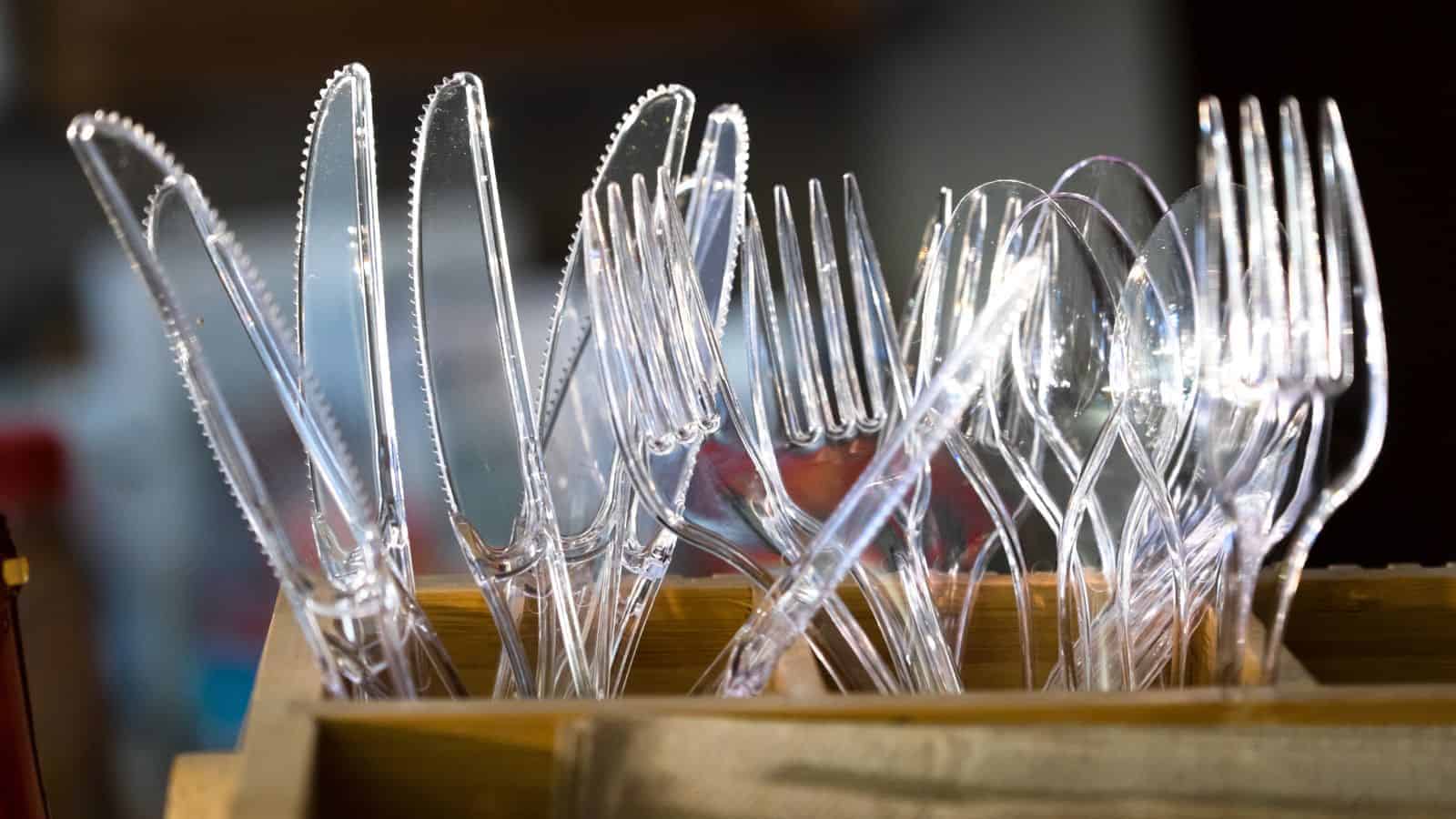
The good news for our environment is that it seems like single-use plastics such as plastic straws, cutlery, and packaging are on their way out in many countries. There have been many global efforts to reduce plastic waste and develop biodegradable alternatives, meaning single-use plastics could become a thing of the past.
Traditional Wallets
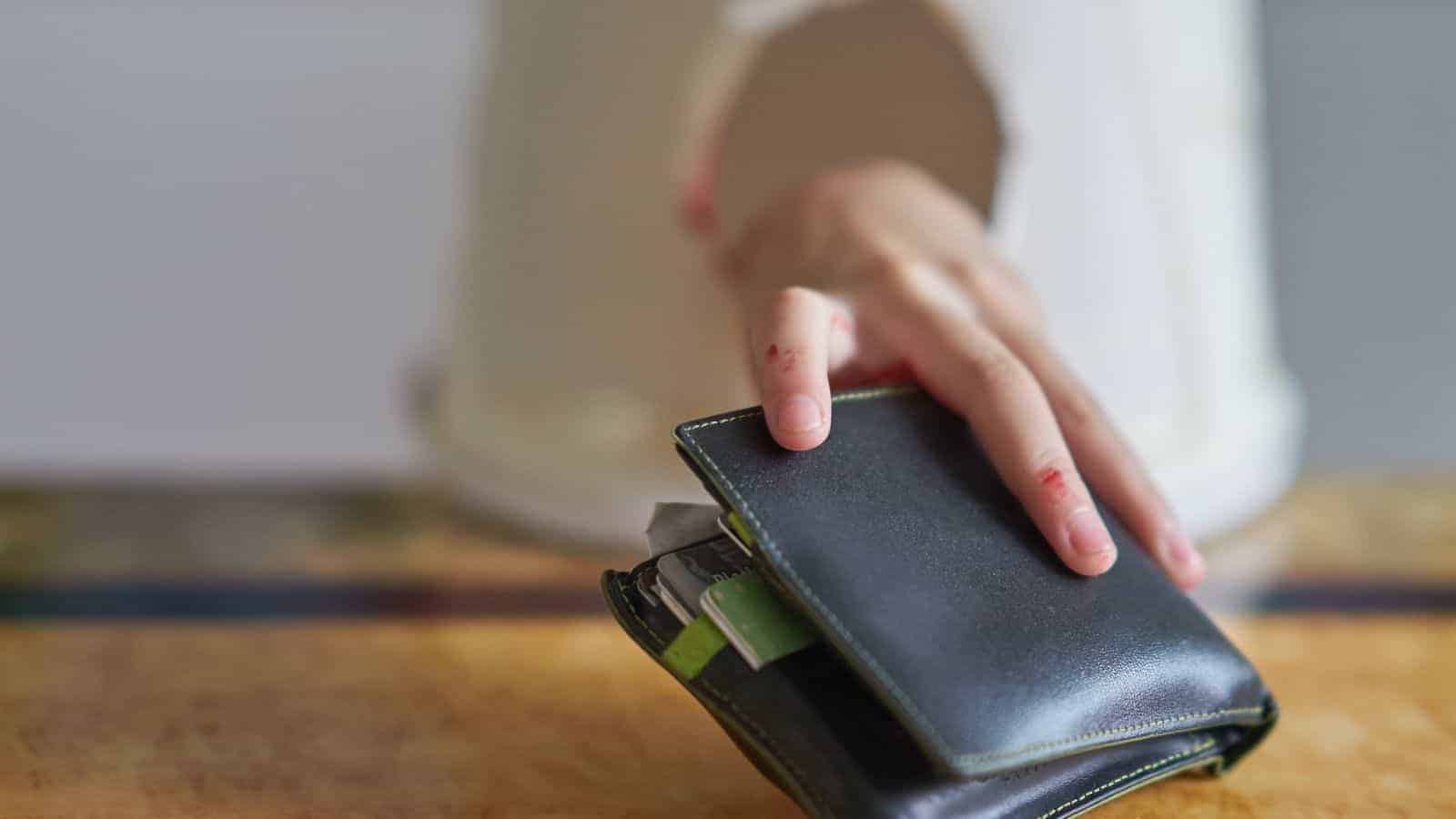
As you may have noticed, digital payment methods like Apple Pay, Google Wallet, and cryptocurrency have gained a lot of traction in recent years. This is the main reason why physical wallets are losing their necessity. IDs and credit cards are also going digital, so lugging around a bulky wallet might soon be as outdated as writing a check.
Cable TV
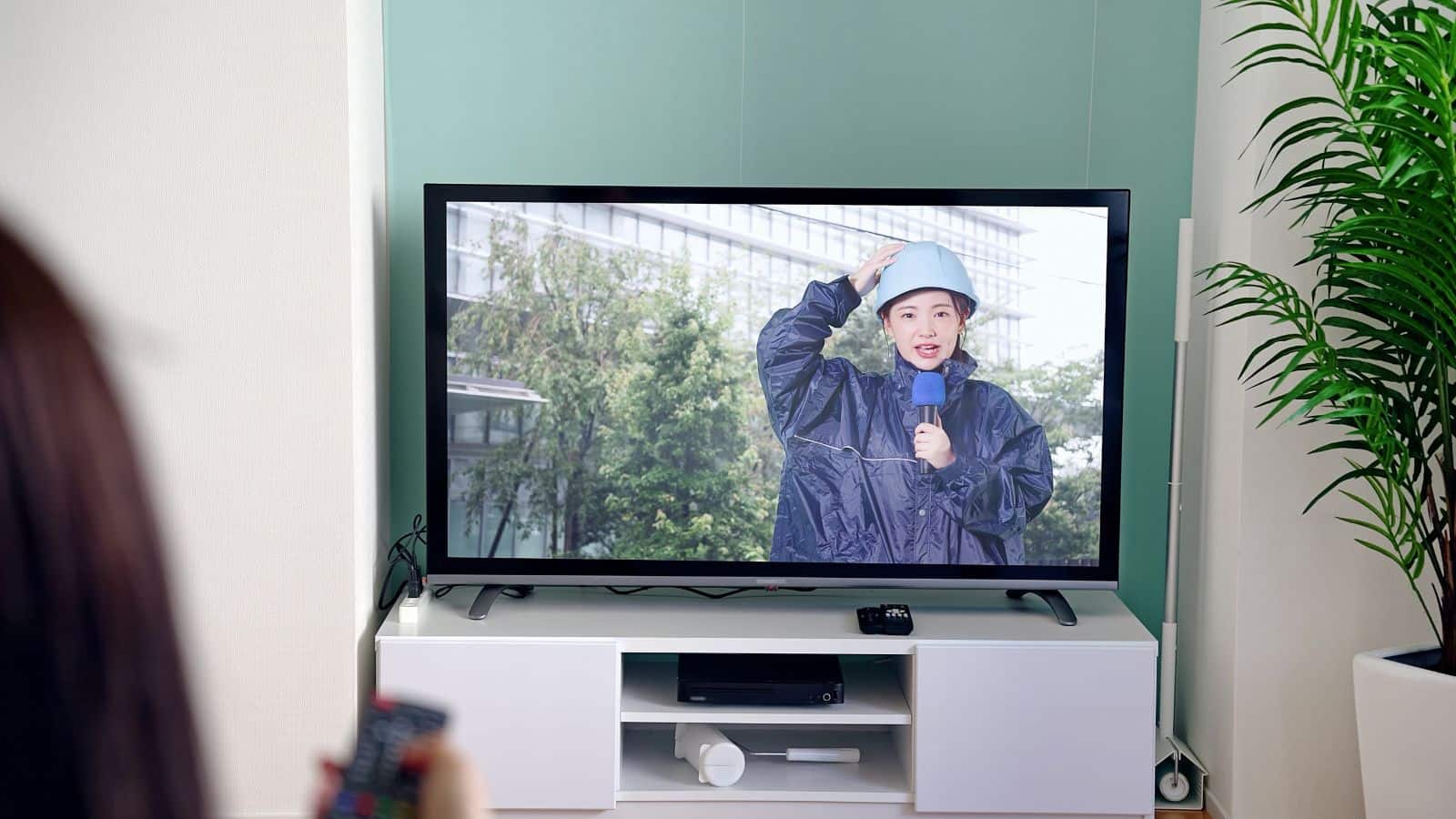
There are so many streaming services available these days, so it’s no wonder that traditional cable TV has lost its appeal. More and more people are cutting the cord each year, and cable providers are now struggling to keep any subscribers. Within two decades, it’s quite possible that cable TV could be completely replaced by on-demand streaming.
Physical Books

It’s already rarer to see people with physical books these days. While they certainly do hold sentimental and educational value, e-books and audiobooks are becoming the preferred format for a lot of readers. The declining sales of printed books and the convenience of digital libraries could cause physical books to become a rarity by the 2040s.
Petrol Cars

Another positive change for the environment is the reduction of petrol cars. A lot of governments are now pushing for cleaner energy and banning petrol car sales, which naturally means that electric vehicles are quickly taking over the market.
Alarm Clocks

There’s really not much point in standalone alarm clocks when you easily get a digital version on your phone. Our phones also offer a variety of customization options and additional features, which traditional clocks may lack. As fewer people rely on traditional alarm clocks, they’re quite likely to vanish entirely within the next two decades.
Disposable Razors

Concerns over waste and sustainability are continuing to rise, driving a shift away from disposable razors. The good news is that reusable options like safety razors and electric shavers are gaining popularity and make pretty good alternatives.
Physical CDs and DVDs
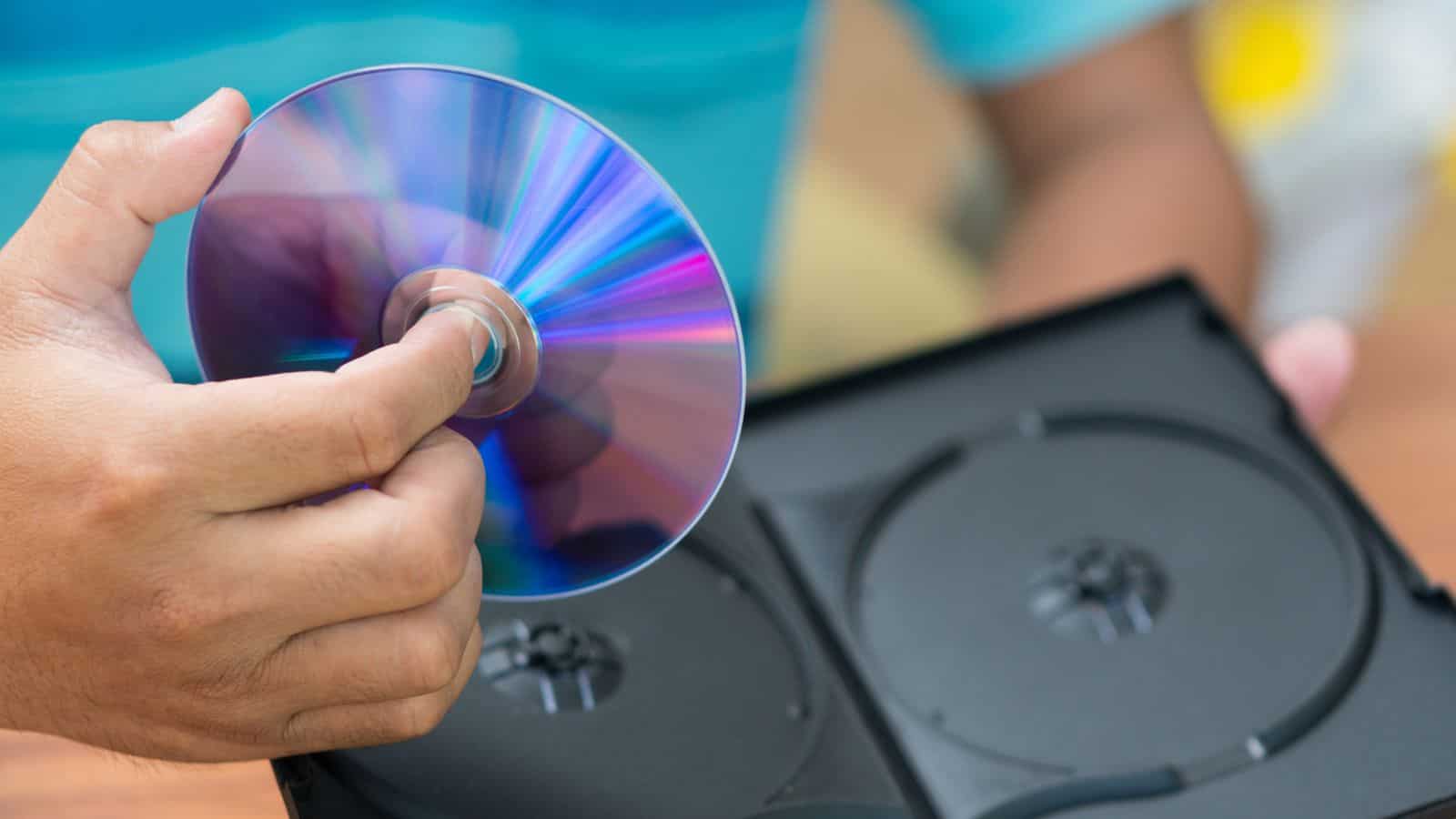
CDs and DVDs used to be in pretty much every American home, but not anymore. Digital downloads and streaming services have all but replaced them for music and movies. As technology advances and physical media becomes increasingly less convenient, these nostalgic little items may completely disappear from store shelves.
Phone Booths

Phone booths are already a very rare sight, but they might vanish entirely as mobile phones continue to surge in popularity. These days, you’ll only spot a few iconic booths that have been preserved for nostalgia or historical purposes.
Paper Towels

There’s no denying that paper towels are convenient, but they’re also pretty wasteful and unsustainable. That’s why reusable cloths and biodegradable alternatives are becoming ever more common. In fact, with environmental awareness continuing to rise, paper towels may be retired completely within the next two decades.
Gas Stoves

Another known culprit for harming our environment is the gas stove. People are also becoming more concerned about their potential health risks. As electric and induction stoves become more affordable and efficient, gas stoves could fade out of our kitchens altogether before too long.
Printed Magazines

Just like newspapers, printed magazines are really struggling to stay relevant in a digital world. Plus, online content is readily available everywhere nowadays, so print subscriptions are taking a big hit. By the 2040s, glossy magazines might only stick around as collector’s items.
Traditional Light Bulbs
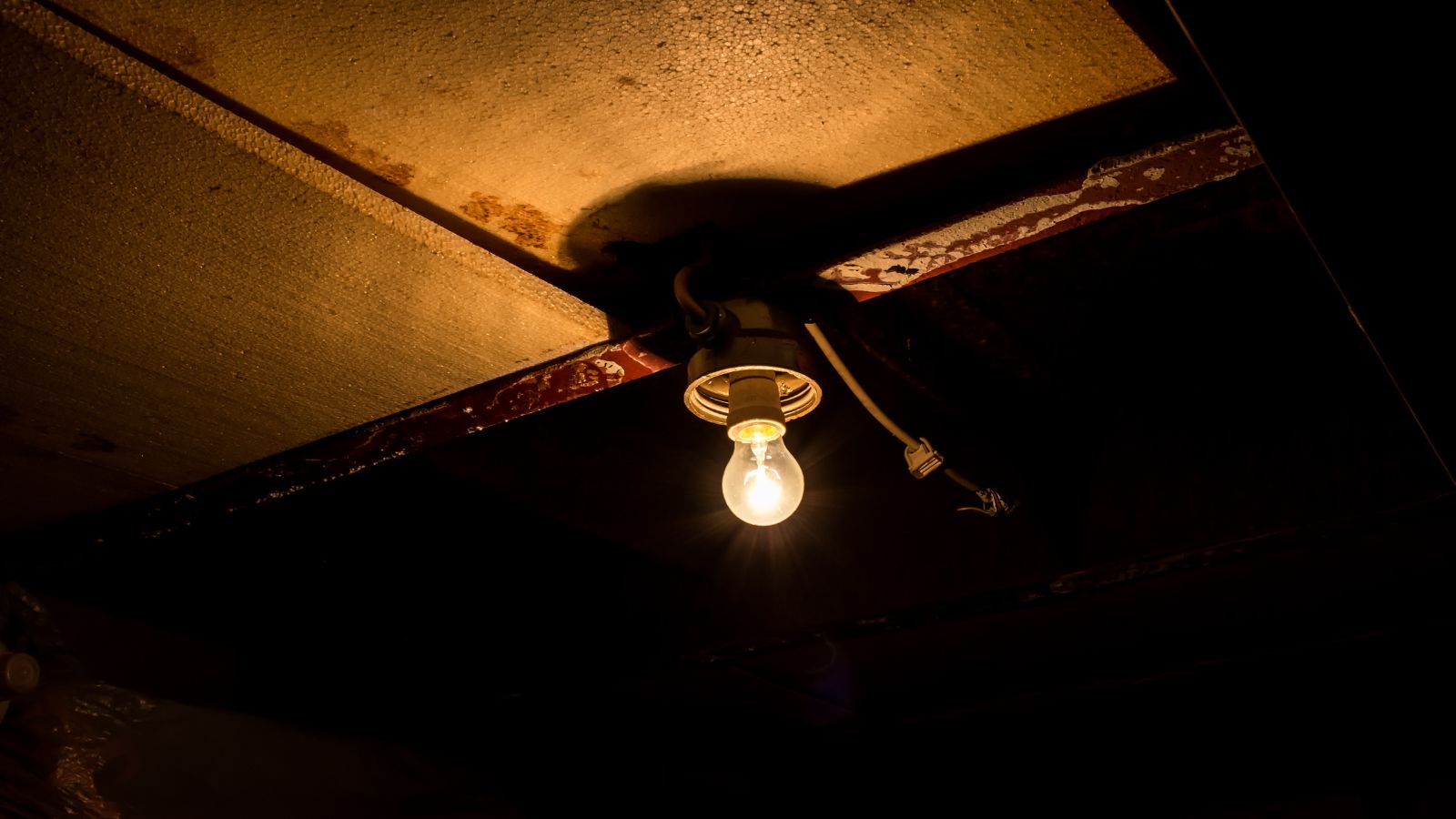
Our traditional light bulbs served us well for many decades, but it might soon be time to put them to rest. LED and smart lighting systems are simply more energy efficient and have longer lifespans. In fact, governments across the world are banning traditional bulbs, so they’re likely to be completely phased out in the near future.
Fax Machines
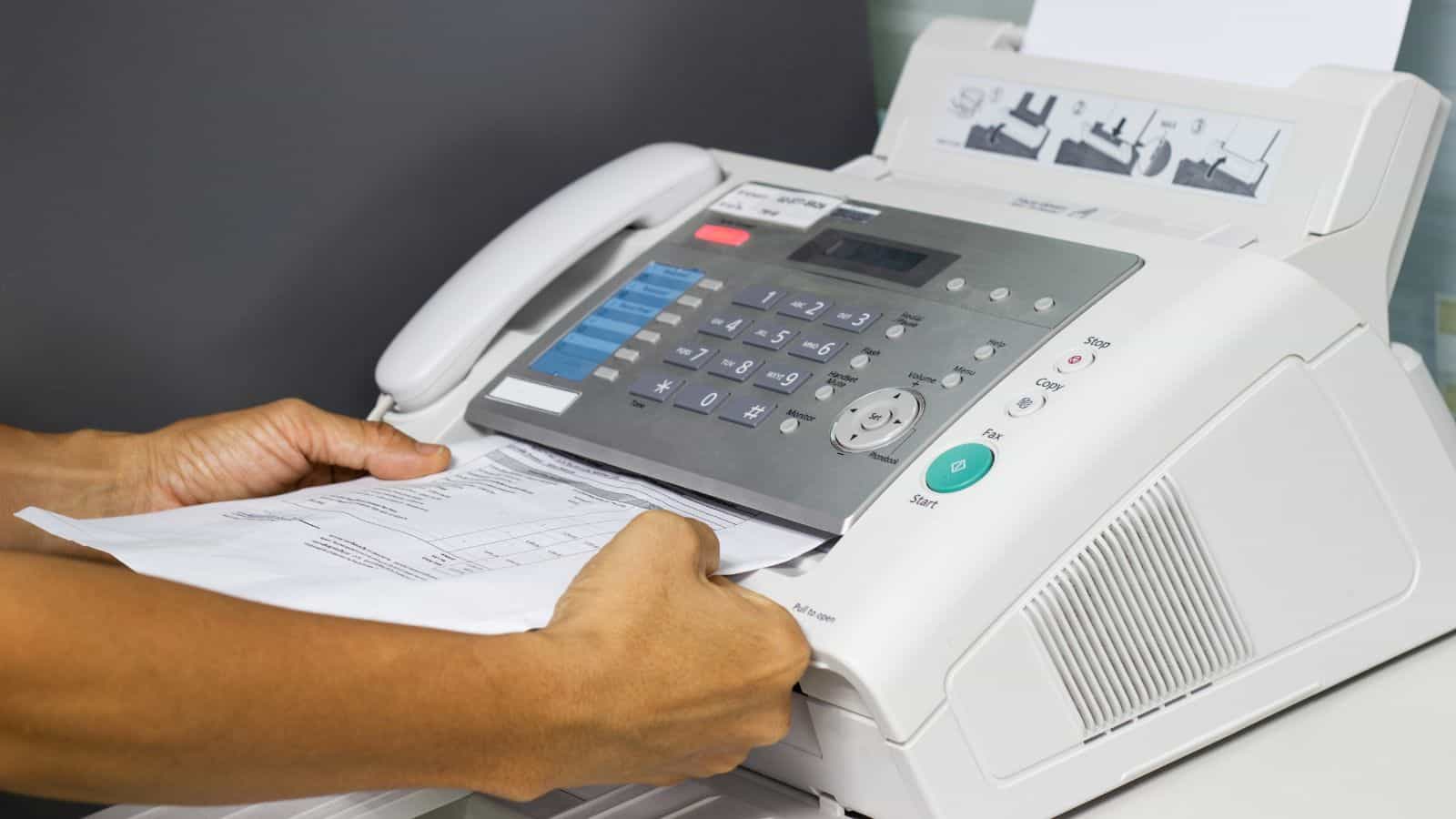
You might think fax machines are already long gone, but there are actually still a few sitting around in peoples’ workplaces today. However, they’re definitely on their way out as businesses and individuals adopt digital communication methods like email and secure file sharing.
Landline Phones

In the past, it would’ve been hard for a household to get by without their trusty landline phone. However, they’ve almost been completely replaced by mobile and internet-based calling options today. Younger generations rarely install landlines in their new homes, so these old relics are likely to disappear completely in a few decades.
Physical Checks

Digital payment options are super convenient, so it’s no wonder that writing a check is already becoming rare. As our financial technology continues to evolve year by year, it’s likely that physical checks could disappear entirely before long.
Standalone GPS Devices
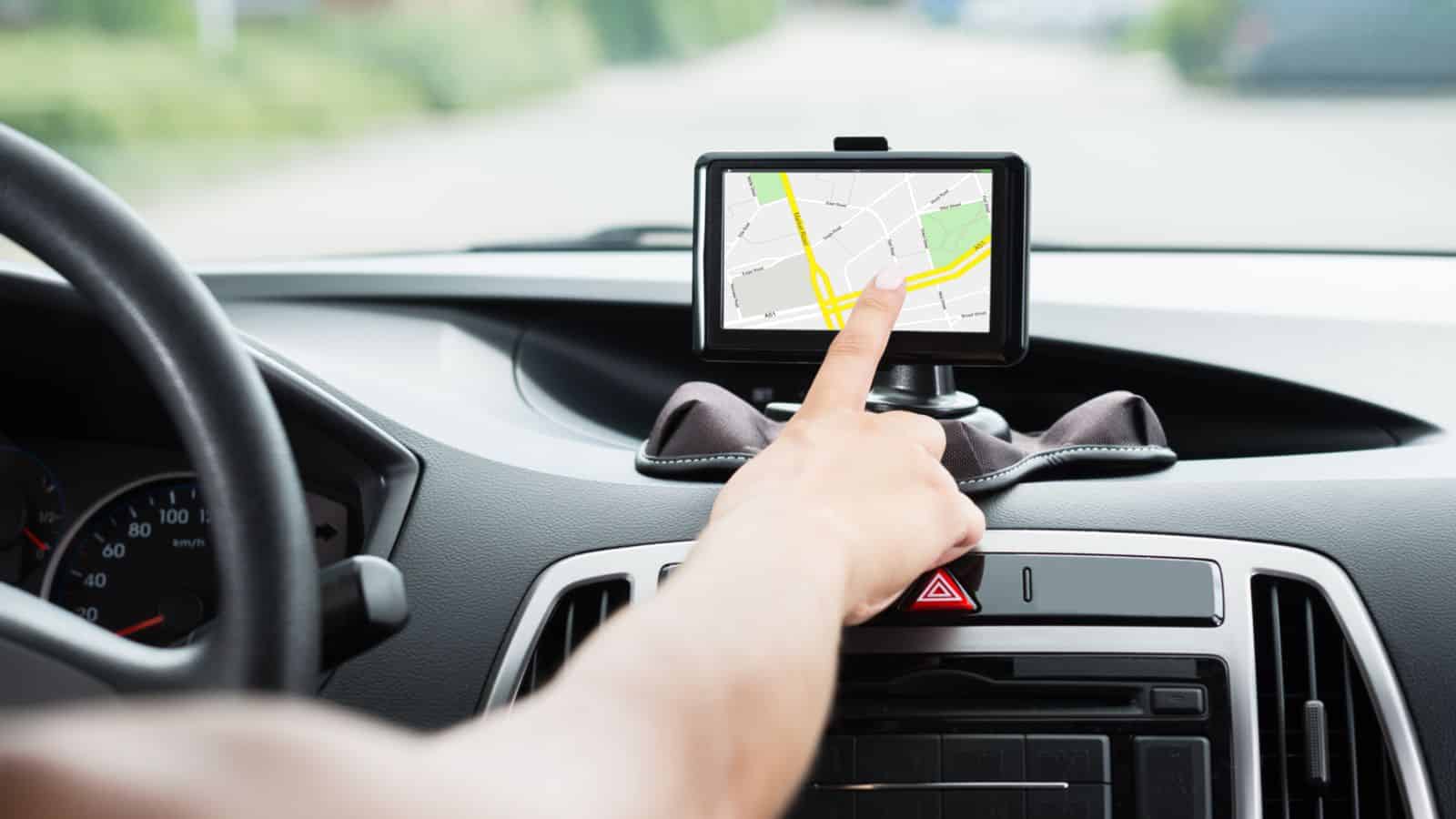
Not long ago, our dedicated GPS devices were essential for getting around, especially on longer trips. But they’re quickly being replaced by smartphone apps and built-in car systems, which are just as good and often more convenient. In the next two decades, standalone GPS units may go the way of the cassette player.
